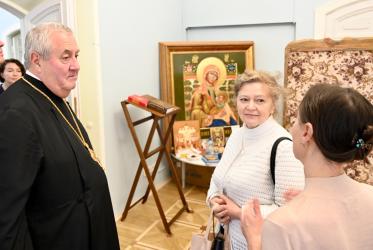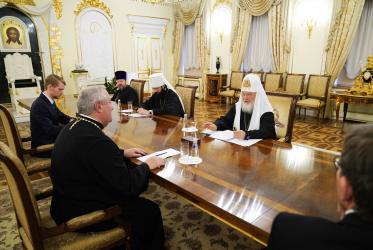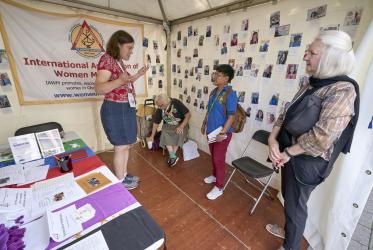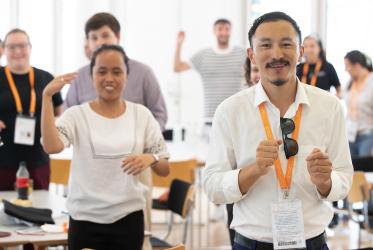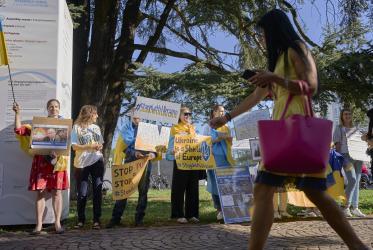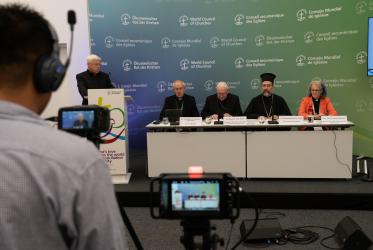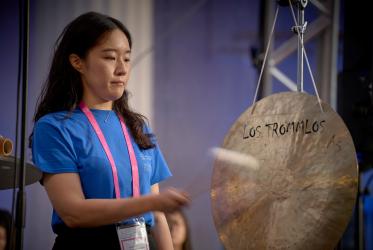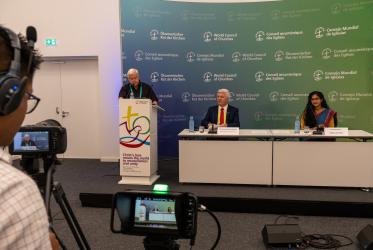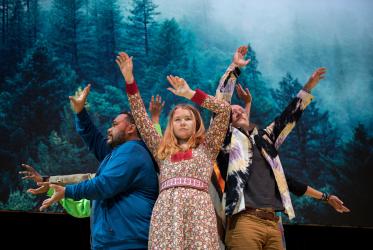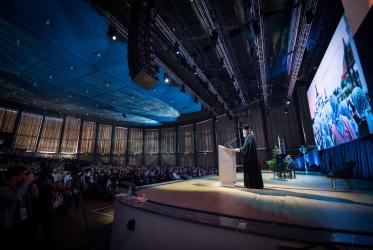Displaying 41 - 60 of 354
WCC acting general secretary visits Moscow
17 October 2022
Reflections from GETI underscore friendship coupled with knowledge
13 September 2022
Ukraine: Responding to humanitarian need
08 September 2022
Children of God unite in Tuesday morning prayers
06 September 2022
Uppsala 1968: The times, they were a’changing
06 September 2022
Bible studies bring ways to learn how Christ’s love moves us
06 September 2022
Assembly participants come together as church families
04 September 2022

